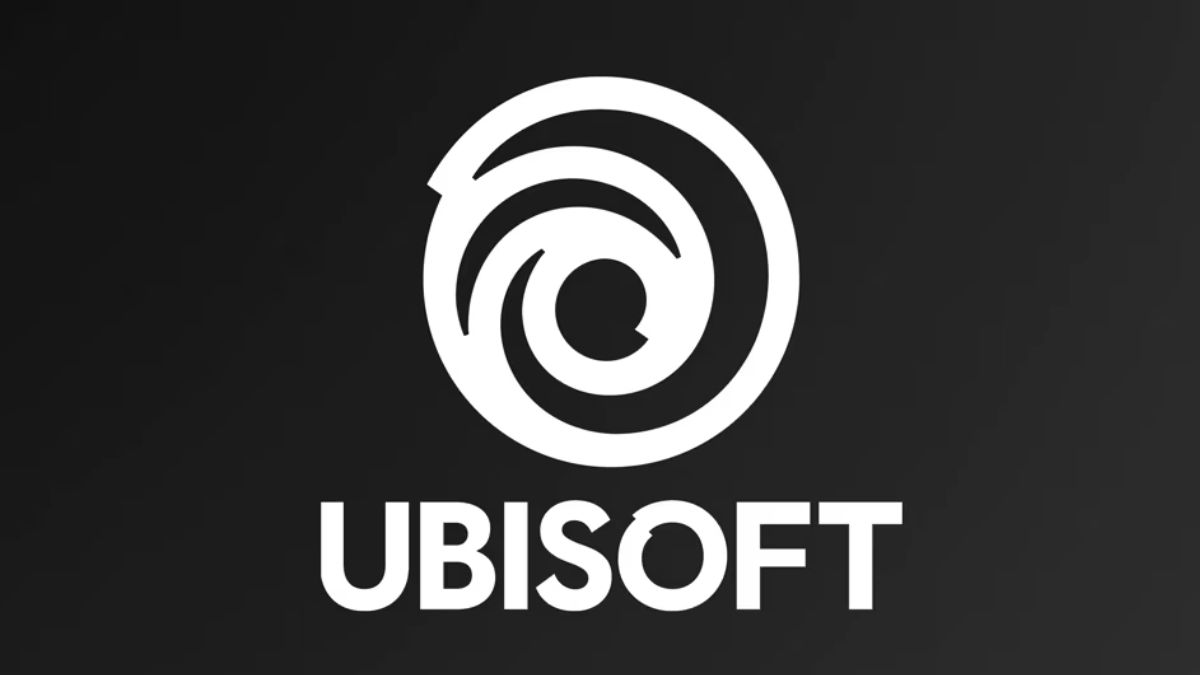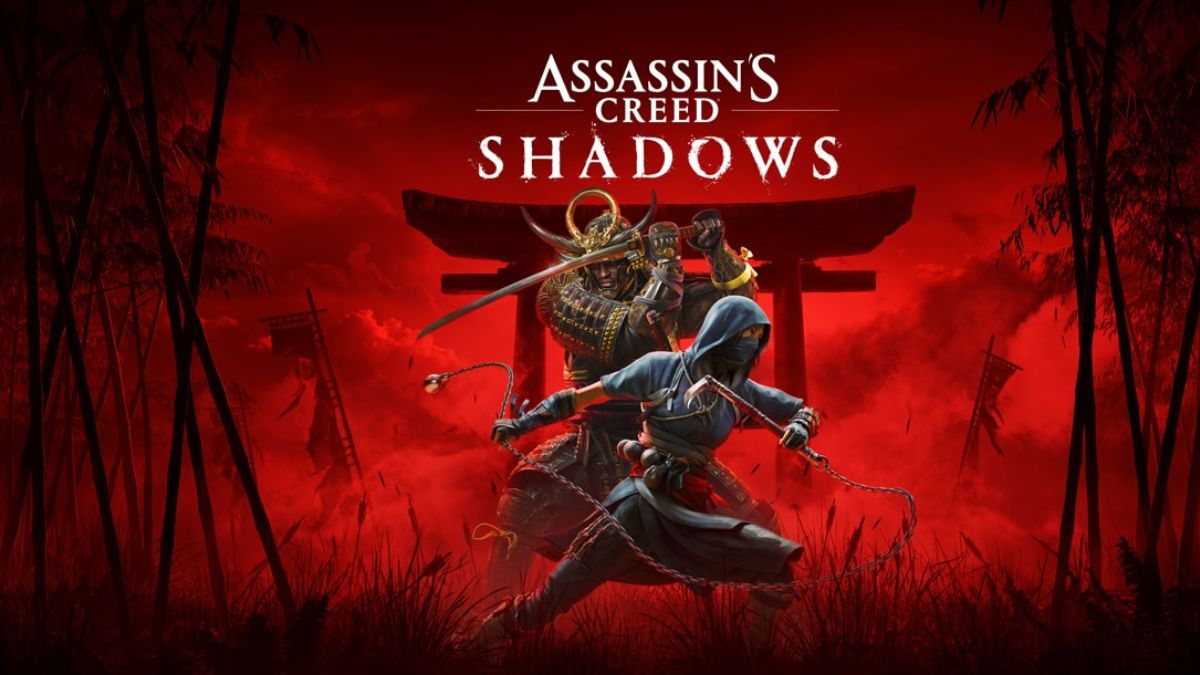
In a move that signals a clear shift in long-term development philosophy, Ubisoft has announced delays for several of its major titles, pushing their release windows to 2026 and 2027. While the news may disappoint fans awaiting the next big chapter in series like Far Cry, Rainbow Six, or The Division, industry insiders see it as a calculated effort to prioritise quality over speed—something Ubisoft sorely needed.

The decision follows the critical and commercial success of Assassin’s Creed Shadows, which launched in March 2025 after two significant delays. That calculated risk paid off handsomely: the game soared to the second spot on global sales charts, only trailing Monster Hunter Wilds. Shadows’ polish and refinement—born from its extended development—have evidently reinforced a lesson Ubisoft has learnt the hard way over the past decade.
Learning from Past Mistakes
Anyone who remembers the rocky launch of Assassin’s Creed Unity in 2014 knows that Ubisoft has, in the past, been burned by rushed releases. Unity was widely criticised for bugs, technical hiccups, and a general lack of polish. Since then, the company has wavered between annual releases and longer cycles, never quite finding the right balance—until now.

CEO Yves Guillemot described the move to delay upcoming “biggest productions” as a continuation of the studio’s renewed commitment to “creating the best conditions for success.” And while no exact titles were confirmed, Guillemot’s mention of flagship franchises—Assassin’s Creed, Far Cry, The Division, Rainbow Six, and Ghost Recon—makes it clear that the scope of these delays is significant.
Importantly, not all projects have been pushed. Ubisoft confirmed that Prince of Persia: The Sands of Time Remake, Anno 117: Pax Romana, Rainbow Six Mobile, and The Division Resurgence are still slated for release before the end of the 2025 fiscal year (March 2026). These may serve as a buffer in the publishing calendar as Ubisoft’s largest productions continue to gestate.
Tencent Partnership: A Strategic Reinforcement
Perhaps the most telling part of Ubisoft’s long game is the formation of a new, Tencent-backed subsidiary tasked with handling its most valuable IPs—Assassin’s Creed, Far Cry, and Rainbow Six. With a $1.25 billion investment for a 25% stake, Tencent’s involvement is not just financial; it’s strategic.

The new entity will zero in on enhancing narrative-driven games, expanding live-service offerings, and pushing into underpenetrated markets—China chief among them. This suggests Ubisoft is looking to blend global commercial ambition with more cohesive, high-quality experiences. In many ways, it’s a sign of maturity from a publisher that has often juggled volume and ambition at the cost of consistency.
The Bigger Picture
Delays in AAA development are never popular, but they’re becoming increasingly necessary in today’s industry landscape. With player expectations higher than ever—and examples like Cyberpunk 2077’s troubled launch still fresh—Ubisoft’s recalibration might be the only way to reclaim trust and deliver genre-defining games again.
If Assassin’s Creed Shadows is the blueprint, Ubisoft’s patient new playbook could very well define the next era of blockbuster gaming. The path forward is clear: less rush, more results.
















